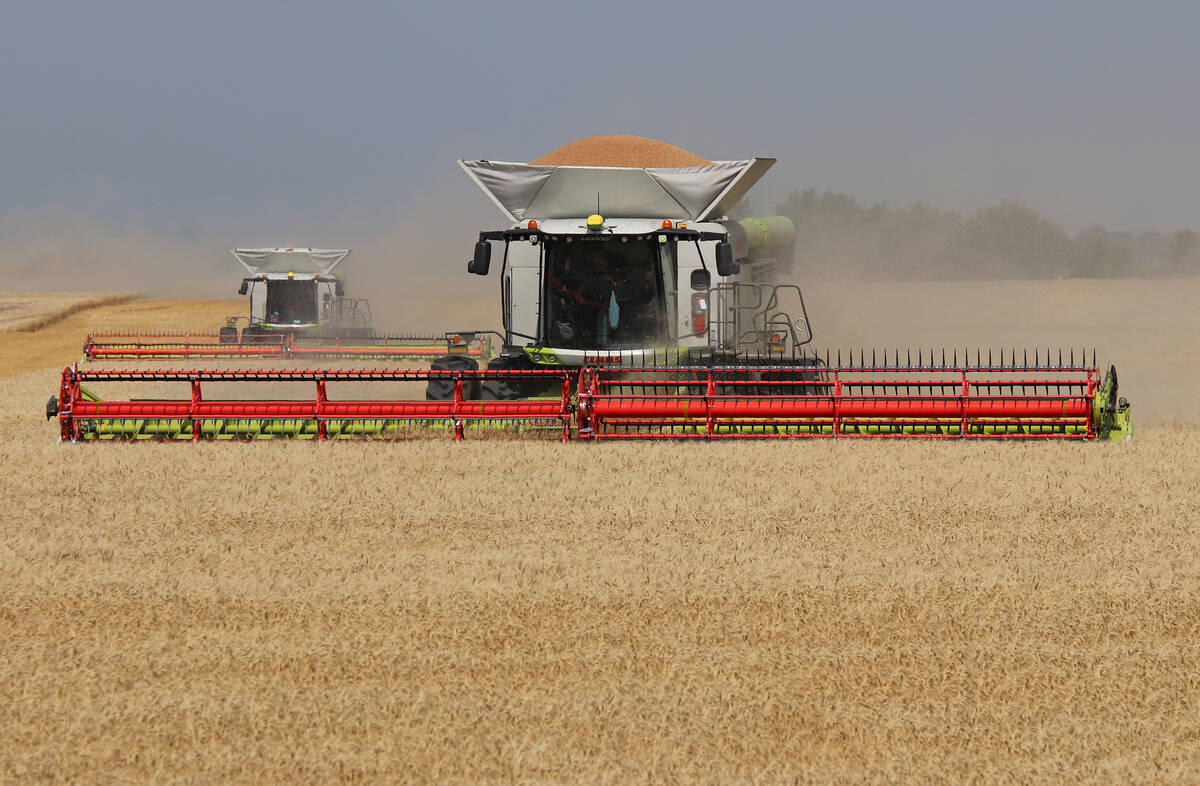A former farmer-elected CWB director says the elimination of single desk marketing is largely responsible for the logistical nightmare that has paralyzed the western Canadian grain industry this winter.
Kyle Korneychuk, a long-time supporter of single desk marketing, said it’s time for federal agriculture minister Gerry Ritz to own up to the fact that scrapping the wheat board’s marketing powers is largely responsible for what he called a “multibillion-dollar wreck.”
Korneychuk, who farms near Pelly, Sask., said the best way to solve Western Canada’s transportation problems is to “reverse the destruction of the farmer controlled Canadian Wheat Board.”
Read Also

China’s grain imports have slumped big-time
China purchased just over 20 million tonnes of wheat, corn, barley and sorghum last year, that is well below the 60 million tonnes purchased in 2021-22.
“Orderly marketing and the single desk wheat board addressed our disadvantages of distance, a constrained transportation system and competition from other often heavily subsidized nations,” Korneychuk said in a Feb. 26 news release.
“It is time to give farmers back democratic control of their grain marketing, since the private trade has failed completely.”
Others in the grain sector and the railways disagree that this year’s transportation problems are largely the result of the demise of the single desk.
Western Canadian Wheat Growers Association president Levi Wood recently told the House of Commons agriculture committee that the lack of CWB co-ordination has not been a factor.
“I would suggest that the Canadian Wheat Board not being involved has had zero effect on the backlog,” he said.
John Heimbecker, a director of Pulse Canada, told the committee that rail performance problems are not new, and there were many instances when CWB was forced to pay demurrage on waiting vessels.
David Miller, assistant vice-president for government affairs with Canadian National Railway, told the committee CWB might have had a better handle on the capacity of the railways.
“The only area where I suppose there has been a bit of a challenge is that the board recognized the limitations of the system in terms of what realistically could be moved — in the first three months of the year after harvest, for example — and therefore tried to space their sales out through the year to recognize that reality,” he said.
“When you have a number of companies competing, obviously everybody wants to move as much crop as they can, as fast as they can. Clearly the pressures are on us in the first three months of the year.”
Fifty vessels are waiting for grain on the West Coast, and some estimate that demurrage charges are accruing at more than half a million dollars a day.
Single desk supporters say grain companies operating in the deregulated market tried to squeeze too much grain too soon through a handling system that has serious constraints.
Korneychuk said farmers view efforts by provincial and federal politicians to solve the grain transportation crisis as “pathetic.”
Legislative efforts to improve rail service through the Fair Rail Freight Service Act have had little impact, he added.
As well, he said grain companies and inland terminals don’t have as much negotiating power as the single desk wheat board did in negotiations with the railways.
Korneychuk dismissed suggestions by Saskatchewan highways and infrastructure minister Don McMorris that farmers negotiate contracts with grain companies with reciprocal financial penalties.
“Most farmers already attempt to negotiate such contracts, but farmers will always be at a disadvantage when doing so,” he said. “Farmers wanting to haul to that elevator in the future will think twice or three times before taking that company to court.”















